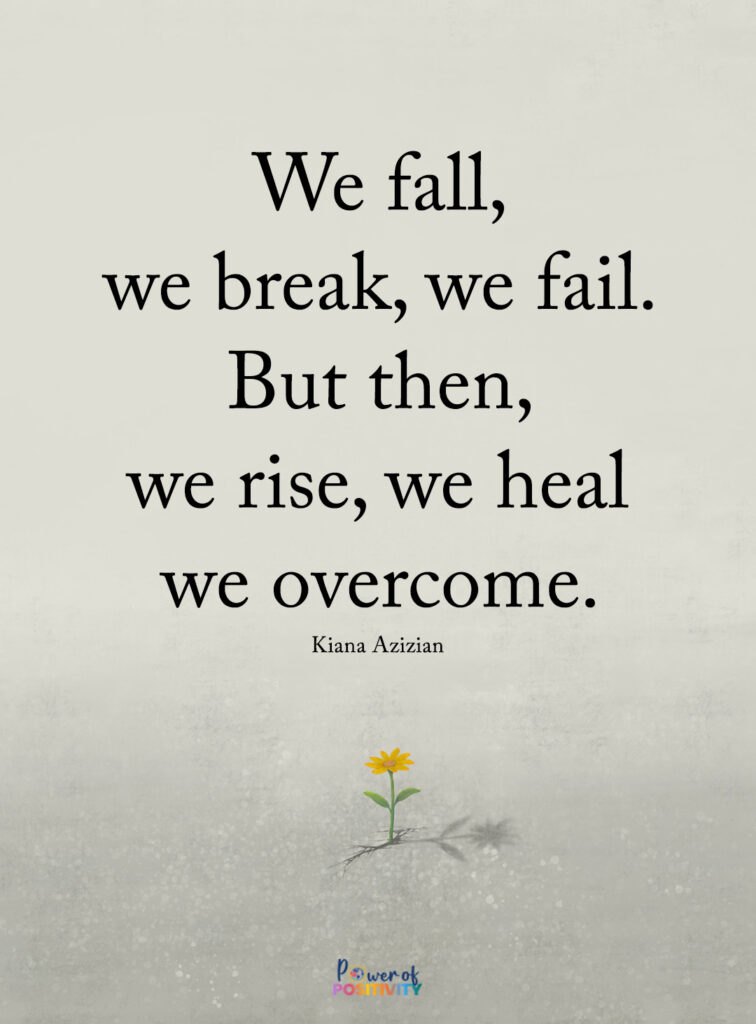Some people have a way of twisting your thoughts until you start questioning your own reality. That’s what happens under narcissistic manipulation—it’s quiet, clever, and often hard to spot at first. It can come from anyone: a partner who turns every argument around on you, a parent who makes you feel guilty for setting limits, or a boss who uses praise one day and criticism the next. Over time, this kind of control chips away at confidence and leaves you doubting your worth.
Protecting your mental health isn’t about changing them—it’s about recognizing the pattern and protecting your peace. Awareness helps you see the small behaviors that slowly drain you. Boundaries remind you where your power begins and theirs ends. Healing habits—like reaching out for support or taking quiet time to reset—help you rebuild the parts of yourself that manipulation tried to take.
Once you understand how manipulation works, you can begin taking your power back.
What Narcissistic Manipulation Really Means
Not all selfish behavior is manipulation. Narcissistic manipulation goes deeper—it’s a pattern built to control how others think and feel. It’s not random or accidental; it’s a repeated cycle meant to keep you emotionally off balance and dependent.
Common Tactics Used by Narcissists
- Gaslighting – They twist facts until you start questioning your own memory or reality.
- Love-Bombing – Over-the-top affection at first, only to pull it away later to keep you chasing approval.
- Triangulation – Involving other people to stir jealousy or competition, making you fight for their attention.
- Silent Treatment – Cutting off communication to punish or regain control.
These actions work because they play on kindness and self-doubt. Research in relationship psychology shows that people exposed to long-term manipulation often feel anxious, confused, and unsure of themselves. Narcissistic manipulation thrives on emotional imbalance—it feeds on your reactions and guilt.
Once you can clearly name these patterns, it becomes easier to separate your emotions from their control.
Psychological Effects of Narcissistic Manipulation
Being around narcissistic manipulation for too long changes how you see yourself. It wears down confidence and makes peace feel impossible.
Emotional Impact
- Constant guilt or confusion after conversations.
- Feeling tense or alert, as if waiting for the next argument.
- Fear of setting limits because of possible backlash.
Cognitive and Physical Signs
- Endless overthinking or sleepless nights.
- Fatigue, headaches, or muscle tension from stress.
- Struggling to focus because you’re always second-guessing yourself.
Identity Erosion
Over time, you might start doubting your worth or thinking you can’t make decisions on your own. Psychologists call this learned helplessness—a state where control feels out of reach.
Understanding these effects isn’t blaming yourself. It’s proof that what you feel is real—and recognizing that truth is the first step to recovery.
Why Protecting Your Mental Health Matters
Emotional abuse doesn’t just hurt feelings—it can change your brain and body. Prolonged exposure to narcissistic manipulation raises stress hormones and leads to anxiety, depression, or even trauma responses. Protecting your mental health is not about ignoring the problem; it’s about building resilience.
Therapists emphasize three key habits that protect emotional balance:
- Regulation: Calming yourself before reacting helps you think clearly.
- Support: Talking to trusted people breaks isolation.
- Therapy: Professional guidance teaches new coping tools and boundary-setting skills.
Once your foundation for self-protection is strong, you can focus on real-world strategies that build lasting emotional safety.
Ten Strategies to Protect Your Mental Health
These actions help you guard your peace and rebuild strength.
1. Learn to Identify Manipulation Early
Notice when someone’s words and actions don’t match. Keep notes of confusing events—it’s easier to see patterns over time. Spotting manipulation early breaks the cycle before it deepens.
2. Set Non-Negotiable Boundaries
You decide what’s acceptable. When a line is crossed, calmly say what will happen next and follow through. Boundaries don’t need anger—they need consistency.
3. Limit Emotional Exposure
You don’t owe every explanation. Keep responses short and neutral. This prevents narcissistic manipulation from feeding off your emotional reactions.
4. Reconnect with Trusted People
Isolation makes control stronger. Spend time with those who listen, support, and remind you of your worth. Healthy relationships help you see clearly again.
5. Practice Self-Validation
Don’t wait for someone else to tell you your feelings matter. Write them down, say them aloud, or talk to a therapist. Self-validation rebuilds inner confidence.
6. Engage in Grounding and Stress-Relief Habits
Simple habits—like deep breathing, daily walks, or journaling—lower stress and return focus to the present moment. These are proven ways to reset your nervous system.
7. Avoid Arguing or Defending Your Reality
Debating a narcissist is like playing chess with someone who keeps changing the rules. End the conversation calmly and protect your peace instead of trying to prove your point.
8. Use the Gray Rock Technique When Necessary
If you must stay in contact, respond in a boring, emotionless way. No reaction means no reward for manipulation. It’s a quiet but effective defense.
9. Seek Professional Therapy or Counseling
A trauma-informed therapist helps you process emotions, manage triggers, and rebuild healthy thinking patterns. Professional support gives structure to healing and teaches long-term coping skills.
10. Plan for Distance or Exit When Needed
Sometimes leaving is the only way to protect your mind. Create a safe plan: save money, contact supportive friends, and limit access to your personal information.
These strategies help you act from clarity instead of fear, proving that self-protection is strength—not selfishness.
Rebuilding Self-Esteem After Manipulation
Healing starts once you limit or end contact. Focus on restoring the parts of you that were silenced by narcissistic manipulation.
- Reset Your Inner Voice: Replace harsh self-talk with words of kindness.
- Reflect and Reframe: Mindfulness and journaling help shift negative thought patterns.
- Celebrate Small Wins: Every boundary, goal, or moment of calm counts as progress.
Growth takes time, but each small step reinforces your confidence and independence.
The Role of Therapy and Support Networks
Therapy offers a safe place to unpack pain without fear of judgment. Trained professionals can help you manage emotional triggers, rebuild self-worth, and create stronger boundaries.
Support groups—online or local—connect you with people who understand. Sharing stories provides comfort and perspective. In unsafe situations, crisis hotlines and domestic violence services can offer immediate help.
With the right support, trust in others slowly returns, helping you regain emotional independence.
When Cutting Ties Becomes Necessary
Some relationships cause more harm than healing. It may be time to leave if:
- Boundaries are ignored again and again.
- Control or verbal attacks keep escalating.
- Your mental or physical health keeps getting worse.
Preparing safely means building a plan—gathering money, support, and privacy. A therapist or advocate can help guide each step.
Walking away isn’t weakness—it’s choosing peace over pain.
Building a Life Beyond the Narcissist
Recovery means creating a life defined by you, not by narcissistic manipulation.
- Build Steady Routines: Sleep, meals, and exercise restore stability.
- Invest in Real Friendships: Surround yourself with people who respect boundaries.
- Find Purpose: Try hobbies or volunteering that bring joy and connection.
As you grow stronger, the manipulator loses power—and you regain freedom over your life.
Conclusion: Choosing Peace Over Control
Protecting your mental health from narcissistic manipulation is about choosing calm over chaos. Notice the signs, trust your instincts, and put your energy where it’s valued. Healing doesn’t happen in one step, but with awareness, boundaries, and support, recovery is always possible.
Peace is your right, not something you must earn. Every act of self-care and self-respect is proof that you’re moving forward—free from control, and stronger than before.















